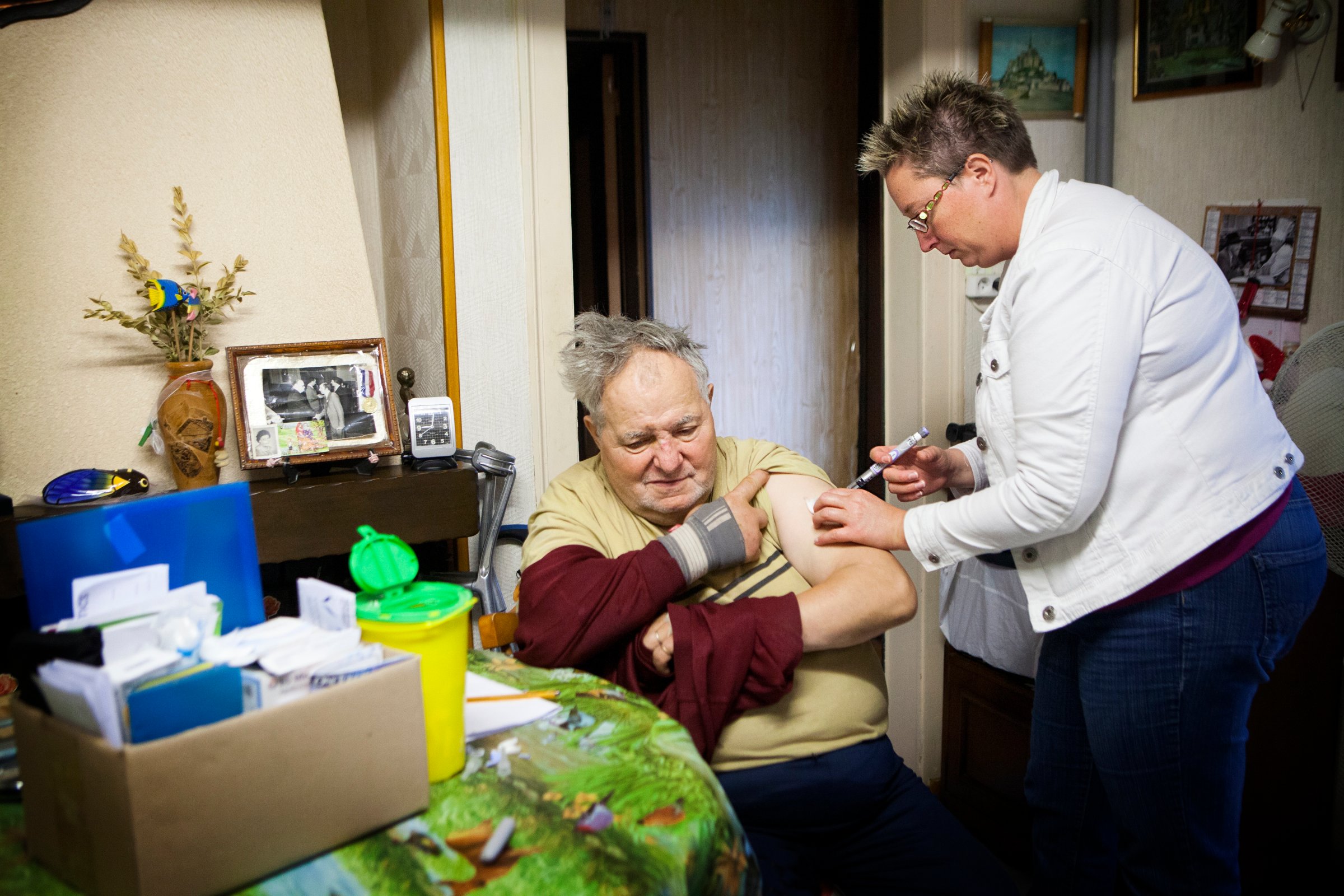

This post is in partnership with Fortune, which offers the latest business and finance news. Read the article below originally published at Fortune.com.
By Claire Zillman
On Wednesday, California Governor Jerry Brown signed legislation making the state the second in the nation to institute statewide paid sick leave.
At the signing ceremony, Brown said that the legislation—expected to bring paid sick leave to most of the 6.5 million Californians currently without it—“helps people—whether it’s a person working at a car wash or McDonald’s or 7-Eleven.”
Well there’s one group of people it doesn’t help: home health care workers.
Because of cost concerns, Brown negotiated a last-minute amendment that exempts home health care workers from the law.
The carve-out of these workers is not surprising, says Abby Marquand, director of policy research at the Paraprofessional Healthcare Institute, a nonprofit advocacy organization. Why? Workers who care for the elderly and disabled in their homes are “an easy target for holding down costs,” she says. “Collectively, as a society, we haven’t valued the work they do in the way we should.”
That’s a problem in and of itself, and it has been amplified by the fact that the home care industry is the fastest-growing sector of the American economy.
For the rest of the story, please go to Fortune.com.
More Must-Reads from TIME
- Breaking Down the 2024 Election Calendar
- How Nayib Bukele’s ‘Iron Fist’ Has Transformed El Salvador
- What if Ultra-Processed Foods Aren’t as Bad as You Think?
- How Ukraine Beat Russia in the Battle of the Black Sea
- Long COVID Looks Different in Kids
- How Project 2025 Would Jeopardize Americans’ Health
- What a $129 Frying Pan Says About America’s Eating Habits
- The 32 Most Anticipated Books of Fall 2024
Contact us at letters@time.com